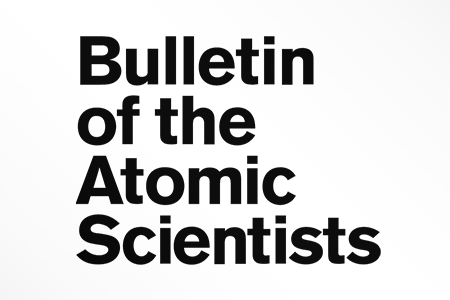
AI has significant potential to improve nuclear material production associated with the development and production of nuclear weapons.
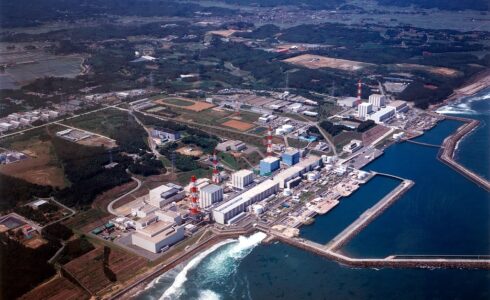
The old adage that “dilution is the solution to pollution” no longer holds true in the strained ocean environment of 2023.
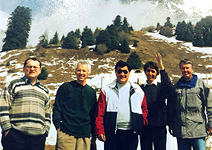
US, Russia, and Kazakhstan scientists write the story of nonproliferation cooperation at Semipalatinsk in the two-volume book, “Doomed to Cooperate.”
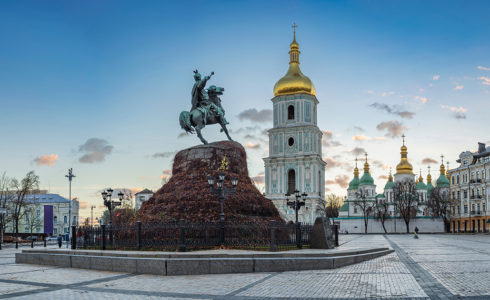
A compendium of CNS expert analysis and commentary on the nuclear ramifications of the war, as well as educational materials for expert and general audience.
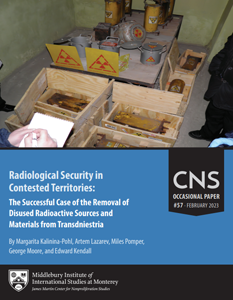
One of the few success stories in the elimination of radioactive sources from a contested territory is the Republic of Moldova’s removal of approximately 2,700 disused radioactive materials from the breakaway region of Transdniestria.